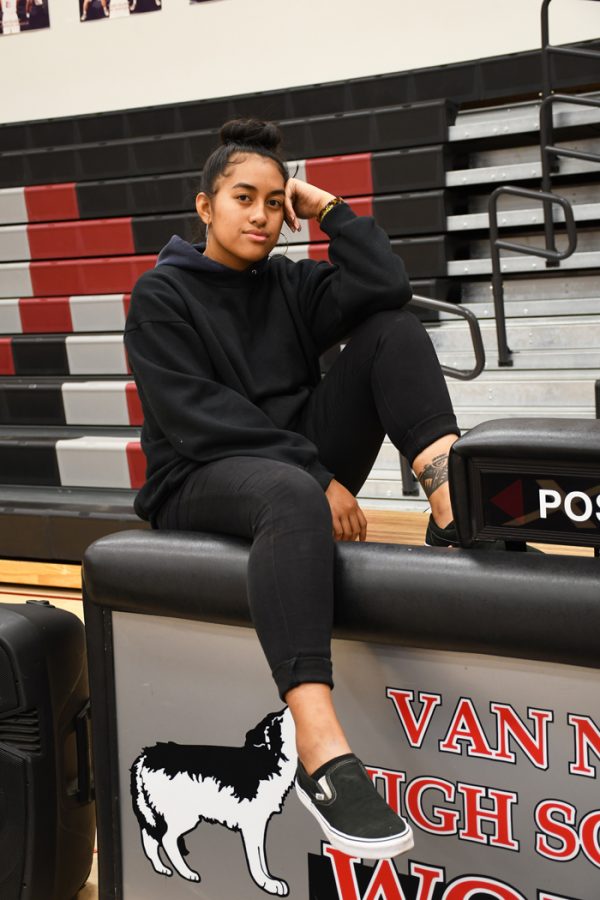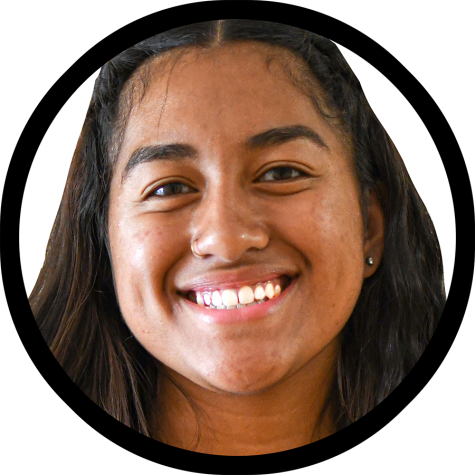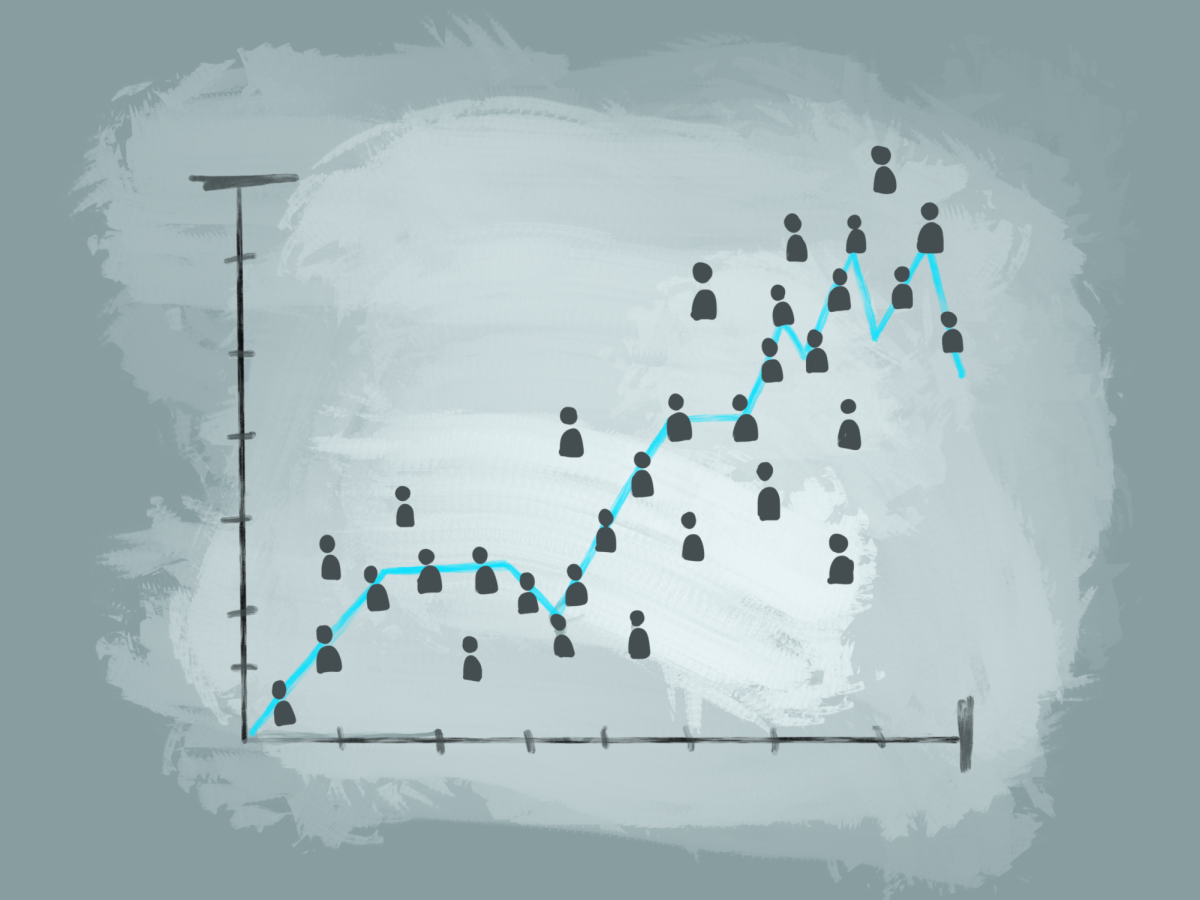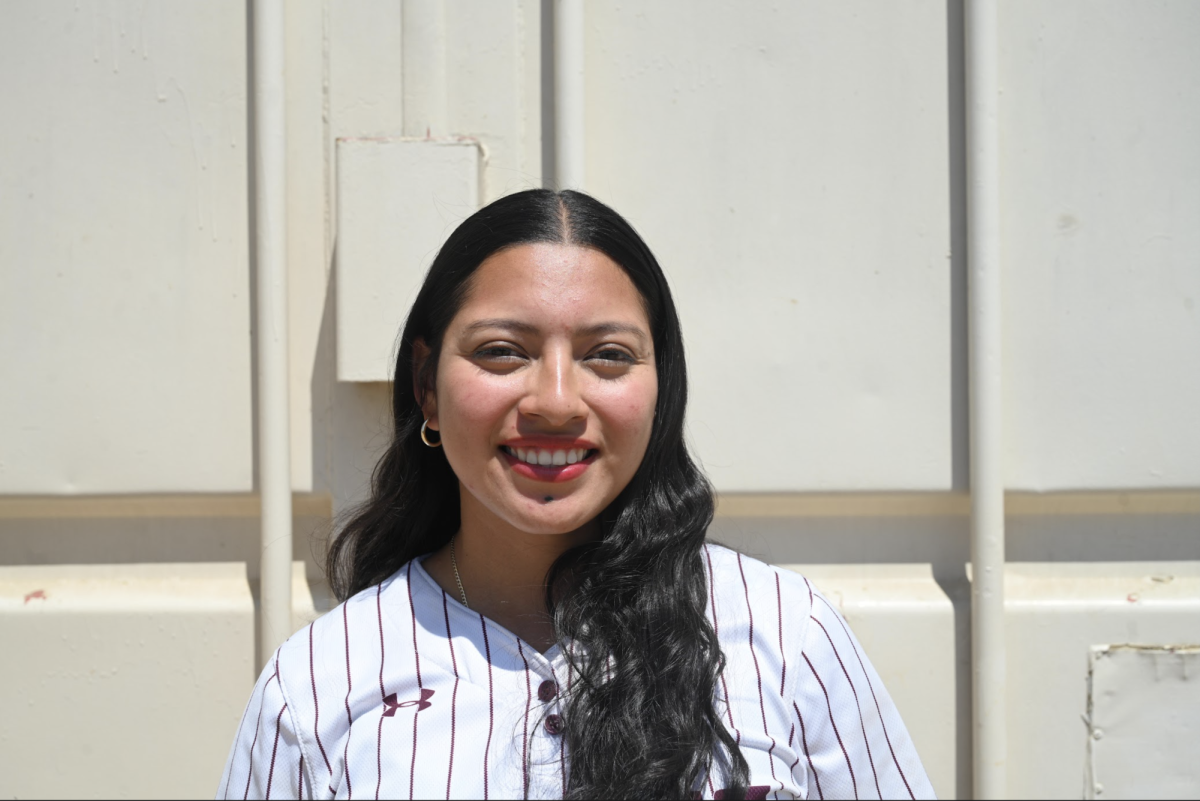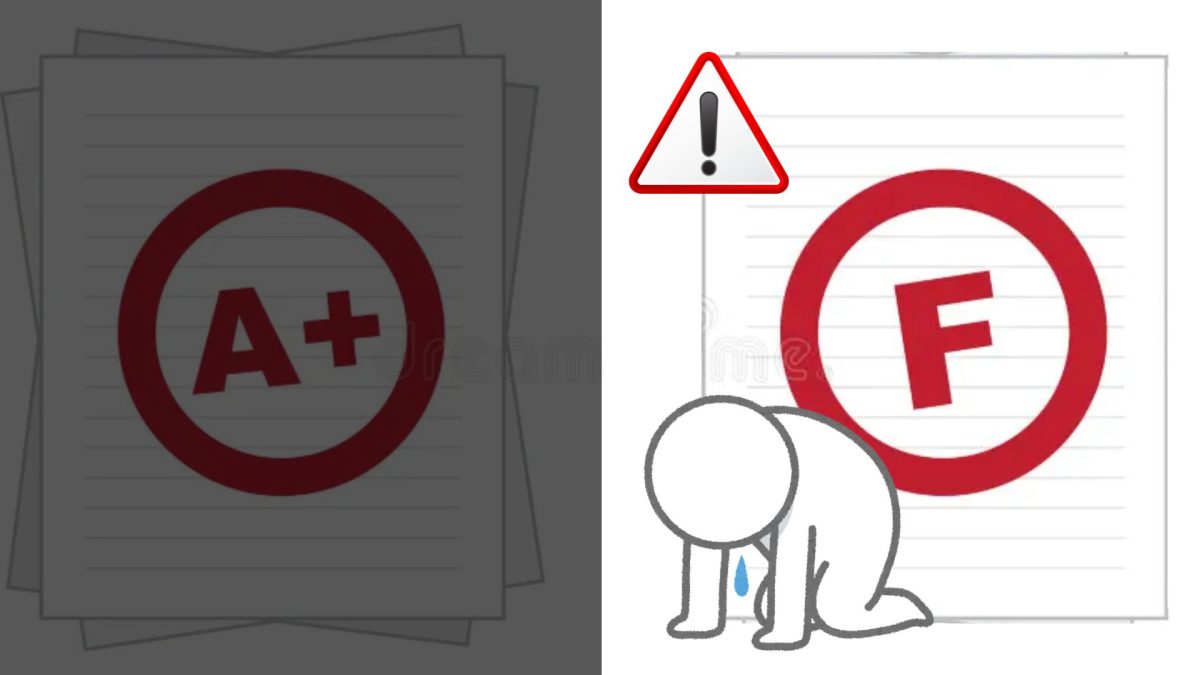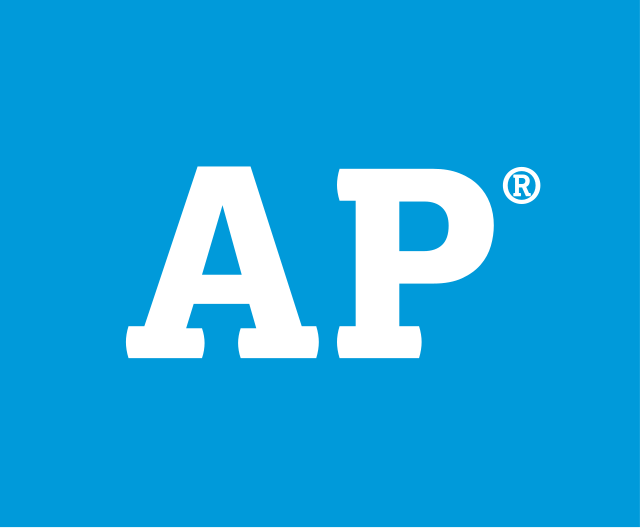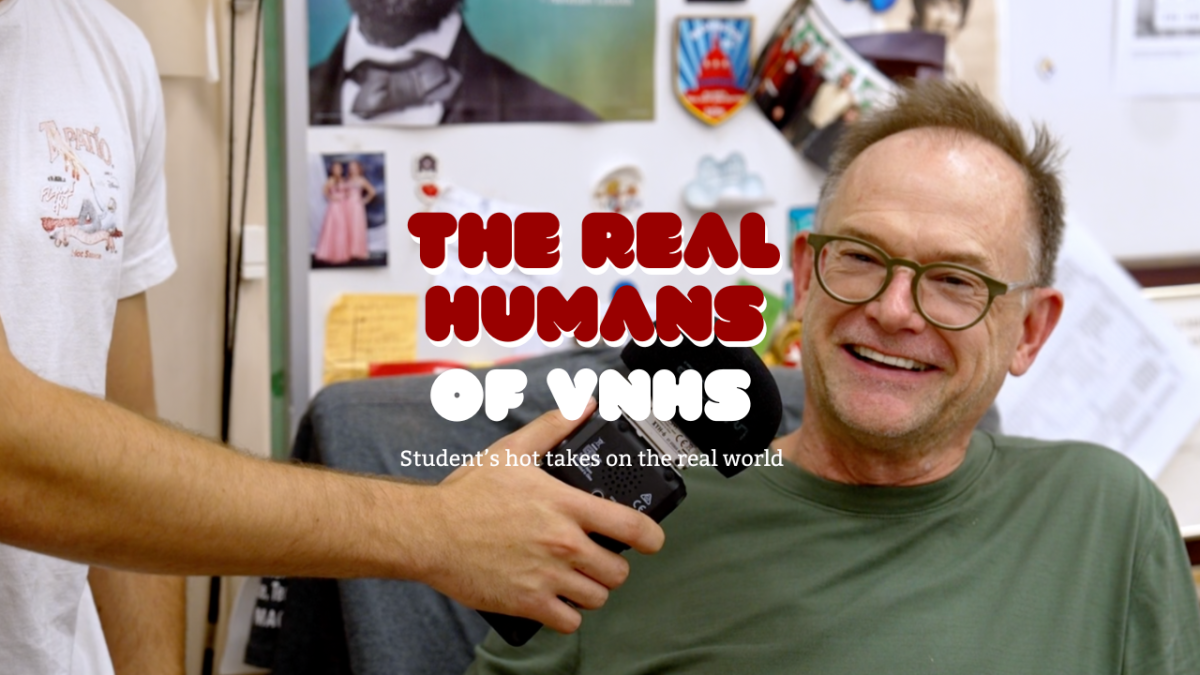My Polynesian Pride
Society has us wrong: We are not rude, violent, and criminal. But I am proud of my Polynesian Heritage.
Langi considers the issues that Polynesians continue to face in the present day.
Jan 16, 2019
I am Polynesian.
I am proud of my Polynesian heritage.
I am content with my people’s accomplishments and attempts to influence younger Polynesians to aim higher in life. But that is because I am part of this group.
The U.S. Census Bureau currently estimates that Polynesians (Native Hawaiians and Pacific Islanders) make up only 0.5 percent of the population. Although we are a miniscule 1.5 million out of the 325 million people of this country, Polynesians still make a heavy impact. Dominating football, Polynesians put themselves in front of the most watched American show—the Super Bowl. Polynesians have invented various different advanced fishing techniques, and even binary math. Furthermore, American owned Polynesian territories bring in revenue from tourism and expand the U.S.’s exclusive economic zone.
Over several decades, over 200 Polynesians have played professionally for the NFL and CFL. As part of America’s fastest growing demographic and rich culture, we have the potential to aim higher than our current status.
But somehow, Polynesians are still slipping through the cracks. Society negatively perceives Islanders: they’re in gangs, commit violence, are obese, are alcoholics or are arrogant.
What the media portrays as a “typical Polynesian” further affects us. When we face constant stereotypical labeling, such as being violent, rude or criminal, the challenge of breaking these stereotypes becomes a tiring battle. No matter how well Polynesians do or how we act, our image remains the same.
Islanders still face stereotypes despite the famous Polynesian public figures, such as NFL player Marcus Mariota and actor Dwayne Johnson.
According to Forbes, Polynesian Samoa dominates the NFL. Over 70 NFL players are of Polynesian descent; a Samoan male is 56 times more likely to play in the NFL than an American non-Samoan, which increases the likelihood of a Samoan being drafted compared to an American.
It’s not uncommon to hear of a Polynesian dominating in the athletic field, but that seems to be the only positive representation the media displays of my culture. So little positive media coverage is given to Polynesians, whereas negative coverage is common. This makes it near impossible to break our stereotypes which keeps us down as a minority group in America.
Fellow Polynesian Angela Ma’u, a senior at Van Nuys High School, believes it has to do with society’s failure to acknowledge Polynesians as a separate ethnicity and instead categorizing them in other groups.
“We aren’t even really noticed by everyone, and there are little arguments that come between distinguishing Asians and Polynesians,” Ma’u said. “We’re different, but people just seem to merge us together. I don’t find that fair at all. We are our own people, and we are unique and different from Asians.”
Soana Manu, another VNHS senior, faced being the only Polynesian in her school throughout her childhood.
“Besides when I went to school with my siblings and cousins, I have been the only Pacific Islander in one place,” Manu said. “It felt weird to see none of my people and I hated it. I often was taken for Hawaiian and I used to just agree. But it wasn’t until I got a little older I wouldn’t settle for being called Hawaiian. I am Tongan in which I take much pride in being.”
Misclassification of Pacific Islanders is not only offensive, but it heavily affects those who apply for scholarships.
Using the terms “Asian American” and “Pacific Islander” interchangeably is common within scholarship organizations. This leaves Pacific Islanders more prone to being denied scholarships because they make up such a small proportion of a vastly larger group.
Statistics from The Chronicle of Higher Education show that Asians are more than three times as likely as Pacific Islanders to hold a bachelor’s degree. Because they are commonly misclassified, Pacific Islanders are denied access to equal resources and other education opportunities.
Setting good examples for our younger generations will help break our negative stereotypes and false labels placed on our culture.
“I don’t want the future generations to have to stop and explain to people what they are,” Ma’u said. “I want people to know what they have to bring to the table and what they are capable of. I don’t want them to have to correct people due to mass misconceptions. It doesn’t seem fair.”
My heritage is important as much as anybody else’s. Despite the misidentification and stereotyping of our people, my Polynesian heritage makes me who I am today, and I keep my culture in mind with everything that I do.


